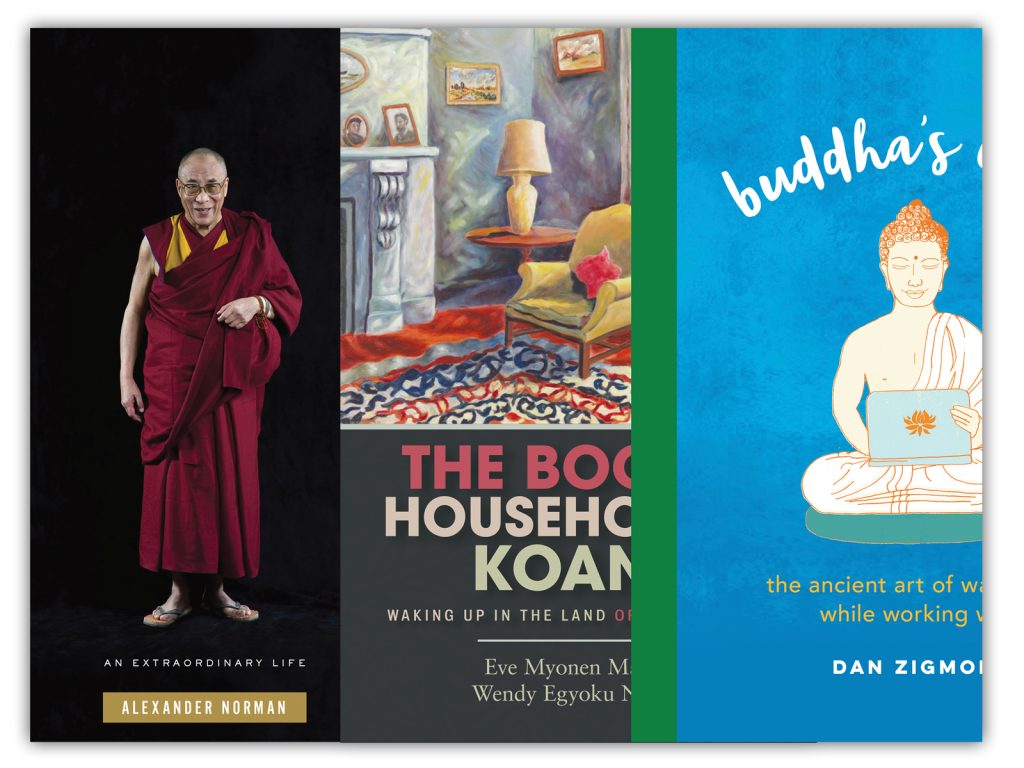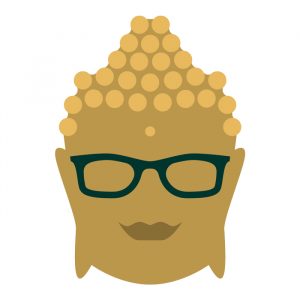
The Book of Householder Koans: Waking Up in the Land of Attachments by Roshi Eve Myonen Marko and Roshi Wendy Egyoku Nakao. Monkfish Book Publishing, February 2020, $18.95, 240 pp., paper
Today’s Zen students lead lives vastly different from those of the 7th-century Chinese monks who first practiced with koans—riddles assigned by Zen masters to their students. This book by Buddhist teacher and writer Roshi Eve Myonen Marko and Roshi Wendy Nakao, Abbot Emeritus of the Zen Center of Los Angeles, is a compilation of modern koans by present-day practitioners, with commentaries to show us that sexist neighbors, swearing toddlers, and other realities of Western life can “become portals of awakening into the fullness of the human experience.”
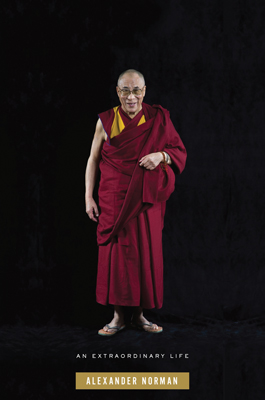
The Dalai Lama: An Extraordinary Life by Alexander Norman. Houghton Mifflin Harcourt, February 2020, $30, 432 pp., cloth
His Holiness the Dalai Lama has more than 200 titles to his name, but his inner life story has very much remained a mystery—until now. Written by Alexander Norman, a scholar of Tibetan history who has known the spiritual leader for the past three decades, this book transcends the simple image of a “smiling saint for all seasons” and explores the swirling intersection of political, cultural, and religious history behind the story of the world’s most famous Buddhist.
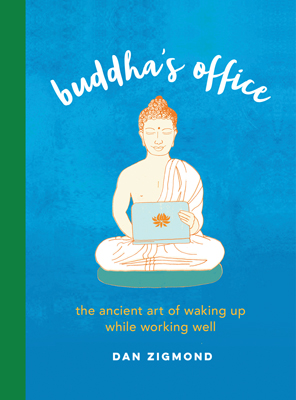
Buddha’s Office: The Ancient Art of Waking Up While Working Well by Dan Zigmond. Running Press Adult, December 2019, $18, 240 pp., cloth
What can a “freeloader” teach us about working well? Plenty, if that freeloader reached enlightenment and spent the rest of his life teaching us how to be free from suffering. Dan Zigmond, a Zen priest and data scientist, writes that though the Buddha never worked a 9-to-5 job, his teachings can help us wake up “while working well.” Lessons based on the eightfold path, such as bringing a beginner’s mind to new projects and right speech to a performance review, can be applied right away, and the book adds to today’s important conversation about why we work so much (and at what cost).
SCHOLAR’S CORNER
Mindfulness: Where It Comes from and What It Means by Sarah Shaw. Shambhala Publications, May 2020, $19.95, 224 pp., paper
Buddhist philosophy teaches us that nothing is permanent and everything changes. Even the word mindfulness is not “static” but always open to new meanings and interpretations. Mindfulness, by Dr. Sarah Shaw, a faculty member and lecturer at the University of Oxford, thoroughly examines the different meanings of mindfulness, from early Buddhist texts to today’s therapeutic applications. This study will be of value to the Buddhist student who wants a deeper understanding of what it means to pay attention to the present moment and how the practice has evolved in different corners of the world over the last 2,600 years.
WHAT WE’RE REREADING
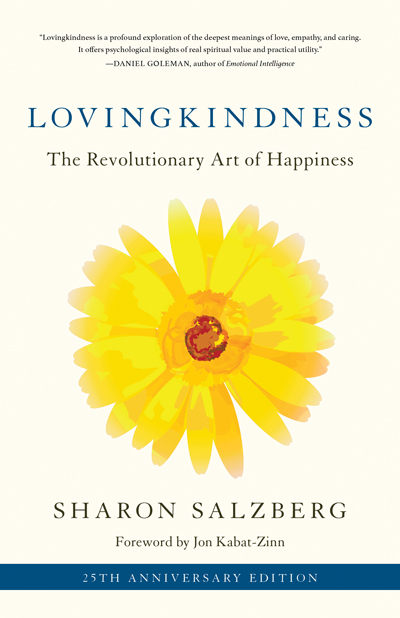
Lovingkindness: The Revolutionary Art of Happiness by Sharon Salzberg
Lovingkindness, the first book by the meditation teacher and New York Times best-selling author Sharon Salzberg, was published 25 years ago, and the only outdated details are several mentions of her word processor (which is just plain cute).
It’s easy to see how Salzberg became a leading Buddhist author. Lovingkindness is packed with clear instructions, easy-to-digest quotes from the Buddha, helpful anecdotes from Buddhist teachers, and exercises to practice the four brahma-viharas, or heart teachings of the Buddha.
In a new afterword, Salzberg writes that when the book first came out, critics questioned whether practitioners were falling into a “dopey state of bliss.” Meditation is far more accepted today, of course, and Salzberg’s book offers timeless lessons on the transformative power of love.
Thank you for subscribing to Tricycle! As a nonprofit, we depend on readers like you to keep Buddhist teachings and practices widely available.
